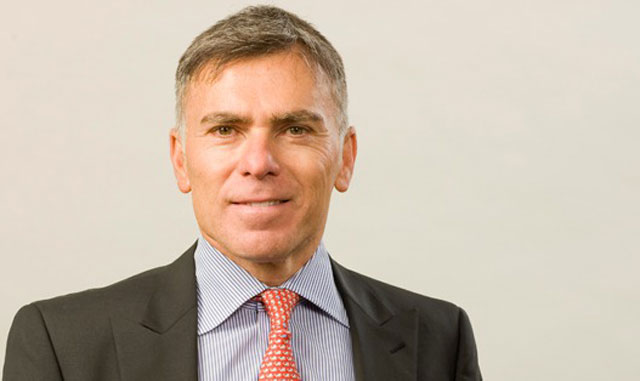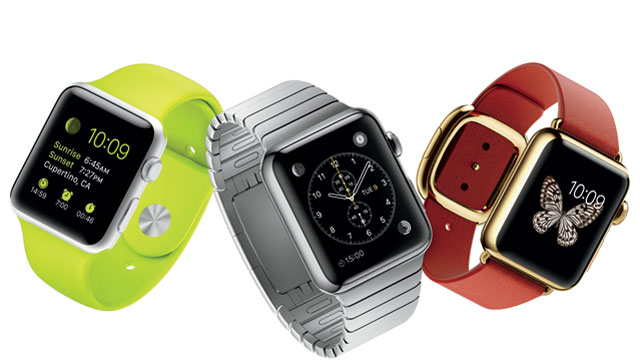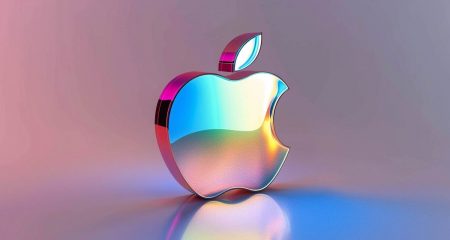
Discovery, the health insurance administrator that has sold nine out of every 10 Apple watches in South Africa to encourage its members to exercise, has hired a team of bankers as it steps up efforts to create a new lender.
“We’re flat out with the infrastructure and the regulatory process for banking,” co-founder and CEO Adrian Gore said in an interview. “We’ve got the capital, we’ve hired bankers, we’re building substantial systems. We want to make an offering that’s relevant and can win market share.”
Gore, 52, started Discovery as a private health insurer in 1992 and has since expanded into investments, credit cards, life insurance and property and casualty cover.
With partnerships across the US, China, Europe, Singapore and Australia, Discovery has access to a network of more than 200m customers it can tap for its Vitality loyalty programme, which offers discounts to people who keep fit and eat healthily in a bid to lower claims against its policies.
Discovery offers Apple watches — which sell from R6 000 rand on South Africa’s iStore website — via Vitality to members who have a credit card through the company for a one-time fee of R350.
Customers who maintain and increase their exercise regimes over the next two years won’t have to pay for the watches, while missing their goals means having to make monthly payments depending on how much they fall short.
“We’ve distributed more than 30 000 Apple watches,” said Gore, who wears one himself and is known to walk at least five flights of stairs to his office, where a range of dumbbells lie near his desk.
Discovery, which has alliances with insurers including AIA Group and Ping An Insurance Group Co of China, eventually plans to offer the Apple Watch programme in the US, Asia and the UK, he said.
Banking may boost future earnings, the CEO said. A year ago, Discovery said it wanted to build a lender after buying control of its credit card unit from FirstRand, Africa’s biggest lender by value. It hired former bank executive Barry Hore to head the team and has applied to the central bank for a licence.
Five lenders control more than 89% of South African banking assets and at least 16 other companies and 15 local branches of international banks offer services from private banking to wealth management services and unsecured lending. The company’s Discovery Card unit has more than 250 000 customers.
“We’re looking at the modern and traditional structures that people need,” said Gore, declining to disclose what kind of bank the new lender will be. “We’ve got a good embedded base with Discovery Card. We’re comfortable that we’re heading in the right direction. It will take a year or two to get it into the market.”
Discovery’s 25% equity stake in Ping An’s health insurance unit is another of Gore’s ventures that may contribute to earnings as the demand for private health insurance in China grows. The surge in China’s medical bills for its fast-aging population represents vast potential, the Boston Consulting Group said in June. The consultancy forecasts that payments from commercial health insurance will grow at a compounded rate of 26% each year through to 2025.

“Private health insurance is nascent in China,” Gore said. “If there’s a hard landing that may be different, but as long as the economy is buoyant, the demand for health insurance will grow. There will be big winners in the health insurance space in China. I believe we’re on the right course.”
Not all investors are convinced about Discovery’s various initiatives. The stock is down by 4,9% this year, which, if sustained, will mark only the fourth time the shares have declined on a yearly basis since its initial public offering in 1999. Four out of six analysts rate the stock a sell, according to data compiled by Bloomberg.
With the company trading at 23 times historical earnings, Discovery is expensive relative to its peers on the six-member FTSE/JSE Africa Life Assurance Index, which have an average price -to-earnings ratio of 14.
Right now there’s an “earnings drag” with Discovery’s newer units having yet to contribute meaningfully to earnings while using up capital, Herman Bosman, head of Discovery’s biggest shareholder, Rand Merchant Investment Holdings, said in an interview last month. “Execution is needed” and the company needs to start delivering on some of the projects, he said.
Still, in the past decade the shares have risen almost sixfold, with Discovery growing to be the 28th largest company on the JSE and a market value of R83bn. The top-performing analyst on Discovery is UBS Group’s Michael Christelis, who upgraded the stock to a buy at the end of June.
Ventures like banking, the move into China and expanding Vitality globally will “take three to five years to get going and five to 10 years to make a profit,” Gore said. “Some of the seeds being planted now may only bear fruit by the time I have my retirement party.” — (c) 2016 Bloomberg LP




